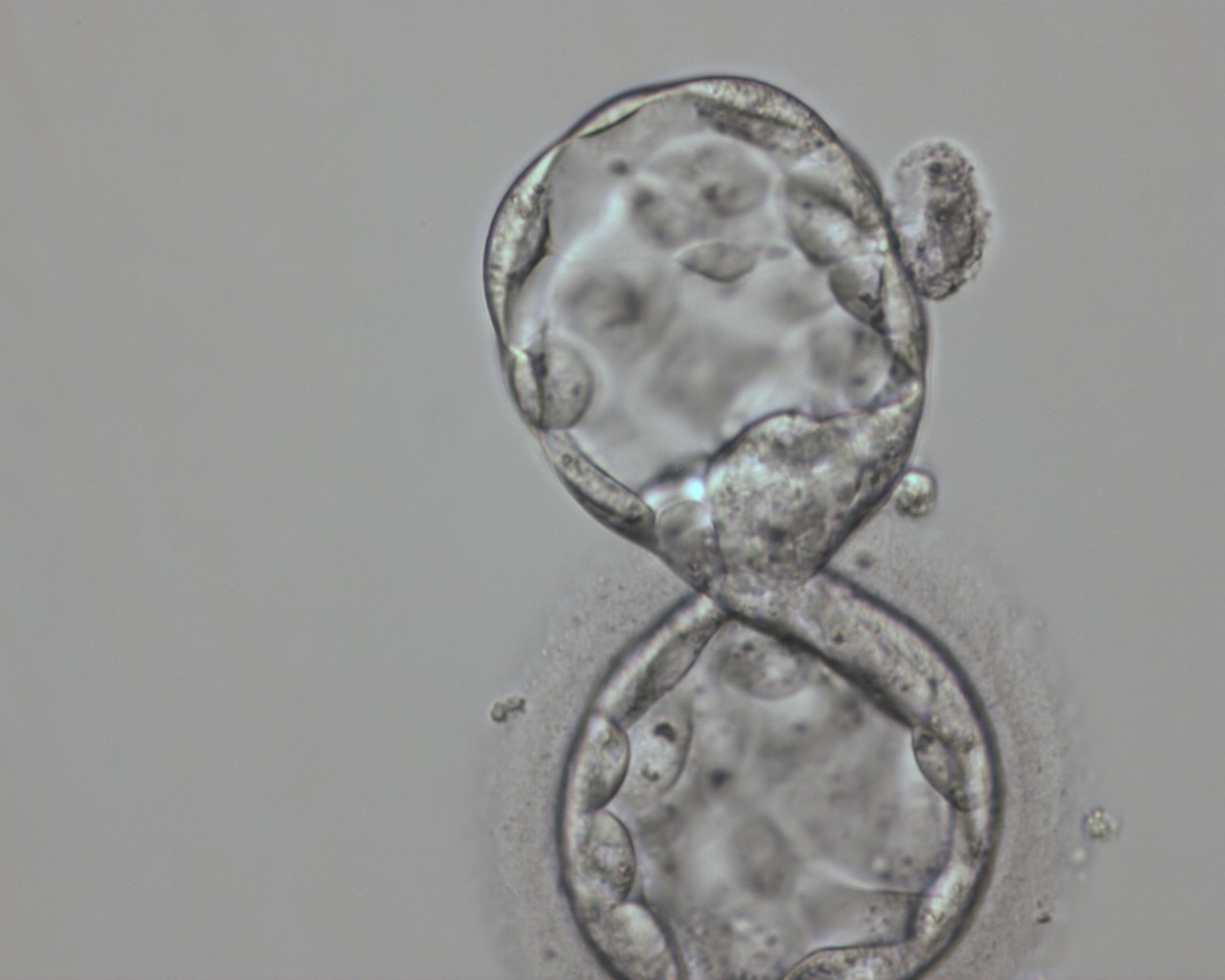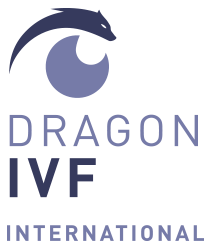IVF innovation center Nörten-Hardenberg
For reproductive physicians
What could be more important in an IVF clinic than a team that understands each other both personally and professionally? As the person responsible, the reproductive medicine specialist must understand the laboratory methods in order to lead a team confidently.
We want to accommodate your wishes and interests and tailor the courses to your questions. The main focus is on answering and demonstrating the questions you have accumulated over time on an individual basis.
At the end of a course, every participant should be full of inspiration to continue their work in their field with joy and confidence.
We take the time to clarify all questions individually in conversation and do not dwell on theoretical lectures.
The focus of this module is on the practical application of all laboratory methods.
Limiting the number of participants to a maximum of six physicians creates a harmonious learning atmosphere that encourages collegial discussion and allows questions to be corrected or clarified under professional guidance.
Continuing education credits will be applied for from the Lower Saxony Medical Association, and a certificate from Dragon IVF International will be issued to you. Dr. Georg Wilke is responsible for the scientific management of the course.
cology and Dragon IVF International will be issued.
For this purpose, we offer a training course in a compact module twice a year from Friday to Sunday, covering the following topics:
Andrology
Demonstration and application of the most important preparation methods and WHO 6 criteria in the context of assisted reproduction as well as special possibilities in difficult cases
Fertilization techniques
Classification and implementation of a useful fertility treatment according to the prerequisites and their preparations
Micromanipulation
ICSI, IMSI, biopsies in the setup and the independent technical implementation
Cryopreservation
Slow freezing vs vitrification
Documentation
According to the requirements the possibilities of documentation to create a clinical image of the case
Billing
Demonstration of the individual GOÄ – and EBM numbers
Program
An individual program will be sent to you before the start of the event
Programme Overview: Hands-on methods in the IVF laboratory
Workshop
Friday
3.00 pm
- Welcome and reception
Dr. Manuela Ropeter, Dragon IVF International - Presentation of the equipment park, discussion of the upcoming techniques
- Round of introductions of the participants
- Space for expressing special wishes from everyday laboratory life
4.00 pm
- Coffee and tea
4.30 – 6.00 pm
- Lecture by Dr. Manuela Ropeter-Scharfenstein
- Overview of the laboratory workflow from puncture to embryo transfer
7.00 pm
- Dinner at Rialto and social evening
Saturday
8.30 – 10.30 am
- Puncture of ovaries (pig/cow/cat) for oocyte retrieval, oocyte retrieval and denudation.
- Demonstration of TESE biopsies with processing
- Devices/materials and possibilities for ejaculate processing (pig, bovine) in the laboratory according to WHO 6
10.30 am – 12.30 pm
- Preparation of different types of ejaculate (pig, bovine) with several methods of processing:
- Preparation techniques in theory and practice: swim up, mini swim, sedimentation chamber, gradient centrifugation, fluid chambers, MACS
- Morphology staining
- Discussion of advantages and disadvantages, application examples in the human field, billing of punctures in GOÄ/EBM and ejaculate processing
1.00 pm
- Lunch at Burgschänke, stroll with discussion in the spa gardens
2.30 pm
- Preparation of oocytes (pig, bovine) under stereo magnifier, techniques of different handling methods of gametes and embryos
- Demonstration of IUI and IVF
- Embryo transfer with different methods and catheters, transfer rules (lab to doctor)
- Discussion of pros and cons
5.00 – 7.30 pm
- Cryopreservation of eggs and sperm with different methods in theory and practice
8.30 pm
- Dinner at Neue Liebe
Sunday
8.30 – 10.30 am
- Liquid handling, dish preparation
- Basics of incubation
- Incubation technique: what is it all about?
- Culture methods
- Trouble shooting
- Embryo culture
- Incubation possibilities, time lapse, small incubator at side, large-scale incubation
10.30 am – 1.30 pm
- Micromanipulation:
Basic information about manufacturers and workstation set-up- Setting and adjustment, basics of manipulators
- Capture of sperm
- Rotations of oocytes, adjustment before injection
- Performance of ICSI
2.00 pm
- Lunch at Burgschänke
3.30 pm
- Questionnaire, evaluation sheet, certificate handover
5.00 pm
- Coffee and cake, departure
Notice:
- The course is evaluated by the Lower Saxony Medical Association with 31 certification points.





